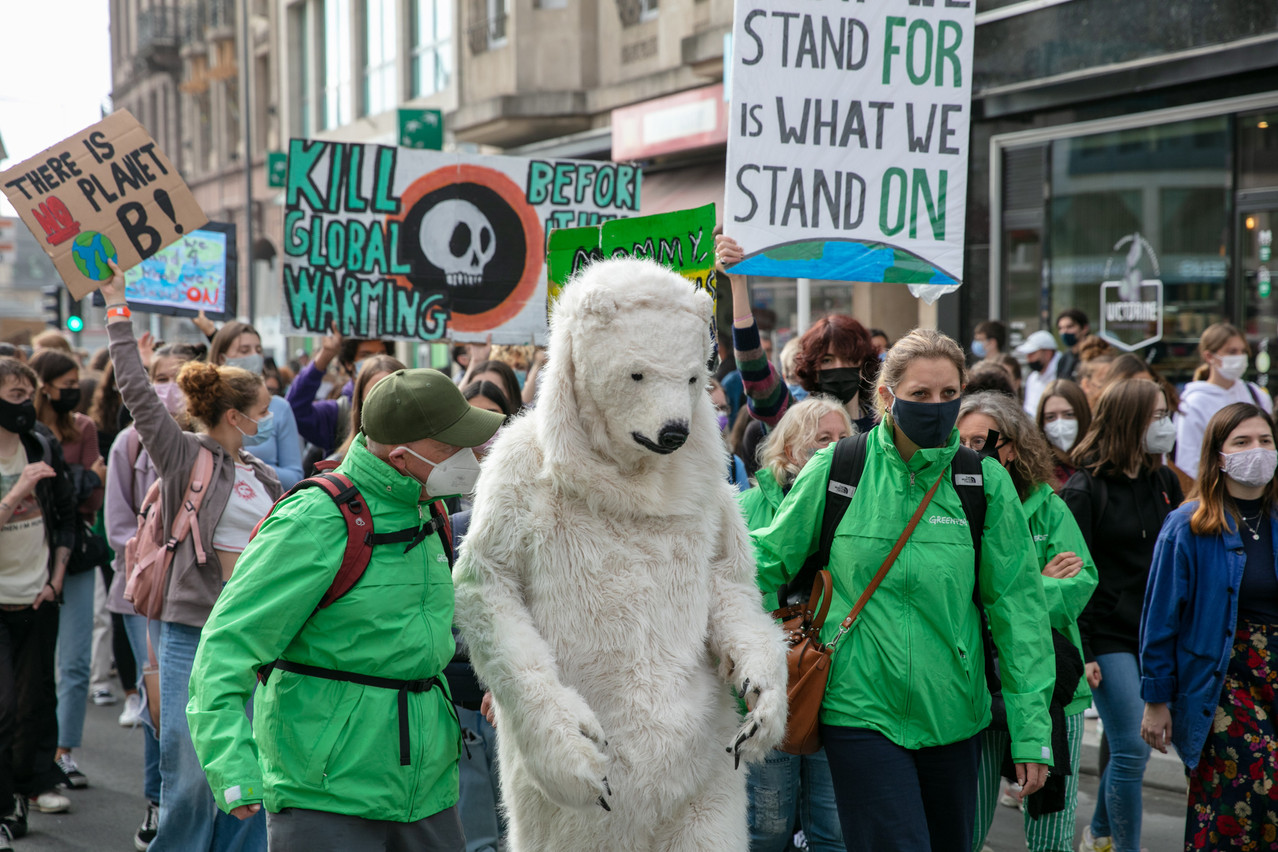Bettel (DP) had announced the climate council during his , saying that 100 people would help provide the government with feedback and input on climate policy.
“It’s a fact that we must make urgent, continuous and significant efforts if we want to be able to meet our goals,” he said during a press conference on 5 January. “We have already adopted a climate and energy plan, but we are aware that additional efforts really are needed.”
The council will include 100 members--60 permanent members and 40 substitutes--aged 16 or over. Bettel said it was important to include young people in the debate, even if they cannot yet vote. “It’s about their future.”
Market research company TNS Ilres has launched a recruitment process via . It will also reach out to a random sample of the population to solicit applications, in an effort to be more inclusive. Applications close on 19 January.
“We must ensure that we represent the many opinions that make up this country,” said Tommy Klein of TNS Ilres. From all applications received, TNS Ilres will select 100 people to reflect the make-up of the country, such as sex, age, nationality, education level and profession. The council will also include cross-border workers.
“The language question is always important in Luxembourg,” Klein said, adding that during debates people should be able to use their preferred language to more freely express themselves. The registration form online is available in French, Luxembourgish and English, but Klein didn’t specify in which language materials for the sessions would be provided.
The council will meet for information sessions, plenaries and workshops, with around 15 to 18 meetings planned, in physical and digital format. Members will be remunerated for their attendance at €125 per session. The project in total has a budget of around €1m.
“We need to do more”
Luxembourg has pledged to reduce emissions by 55% by 2030 and become carbon neutral by mid-century. It has enshrined these targets into law and, as part of the EU rules, adopted a national climate and energy plan (NCEP), setting out strategies on how to get there.
Emissions targets have been set for , with construction to reduce emissions by 64% compared to 2005 by 2030. The transport sector will have to reduce emissions by 57%, with a 45% target for energy and other industry.
Some €1.8bn are budgeted for the implementation of the energy and climate plan over the coming years. The results of the council’s work will be debated in parliament and form part of a review of the plan due in 2023.
Bettel warned that not all proposals might be able to be implemented but that they would all be openly and transparently debated.
“Science tells us that we need to do more,” said environment minister Carole Dieschbourg (Déi Gréng), adding that it is crucial to deliver changes in this decade to keep the 1.5°C global warming target within reach.
Luxembourg is expected to on climate and environmental policy this year, with this amount rising to €975m by 2024, roughly doubling from 2019, when the government budgeted €445m on climate spending. The council will help determine how some of this money is spent.
It’s not the first citizens’ council launched by the government. The spatial planning ministry, also under the leadership of minister Claude Turmes (Déi Gréng), previously included 30 citizens in the so-called Luxembourg in Transition initiative. The project discussed infrastructure and spatial planning and how land should be used as part of the climate transition.
“We’re facing an enormous transition,” Turmes said on Wednesday, adding that Luxembourg is one of the most fossil fuel-intensive economies in the world. The experience from the transition council will help support the climate council.
The Luxembourg in Transition council results will be presented later in January. “It’s modern policy-making that engages citizens,” he said of the initiative.
